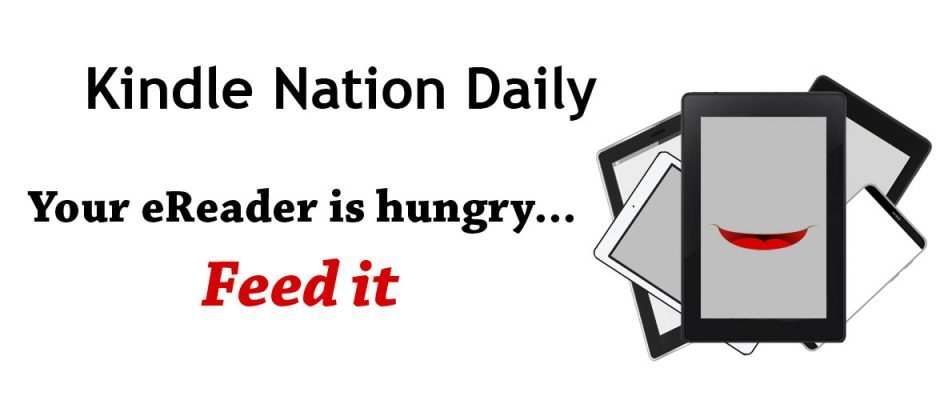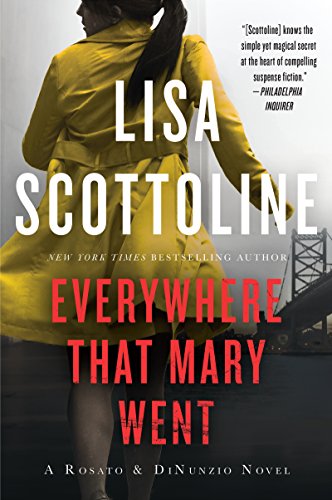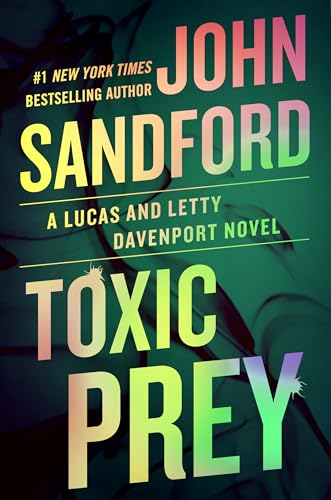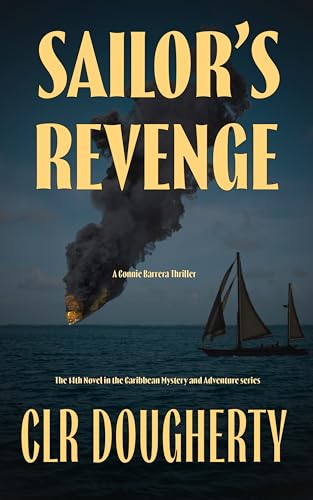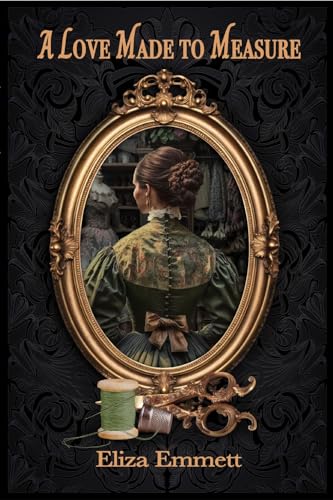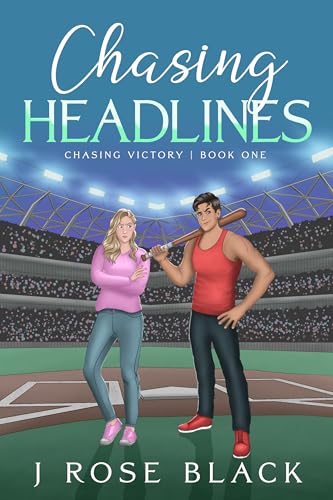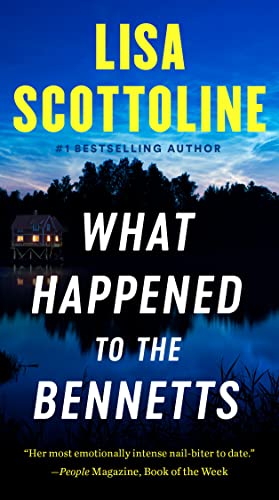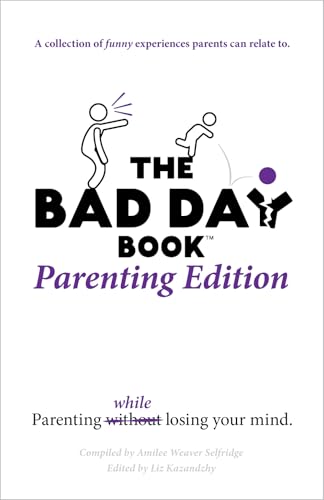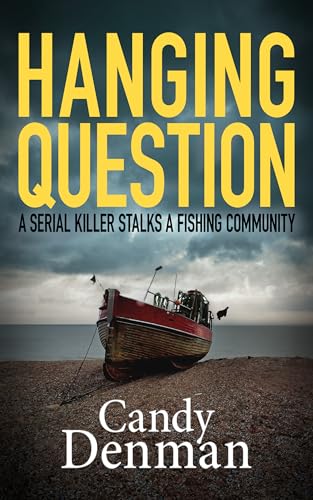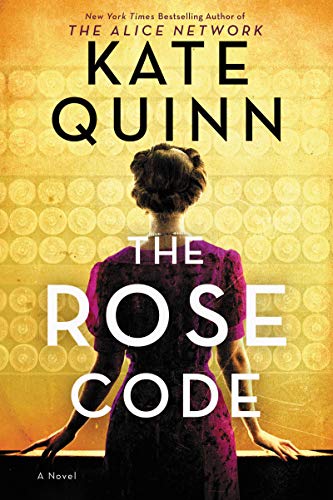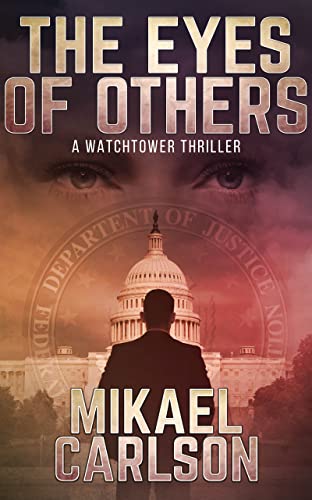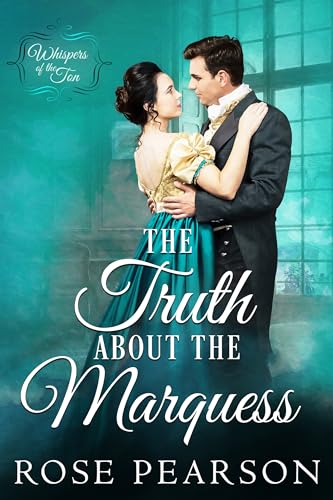Before he gave up suits for underwear as work garb, author Paul Levine was a lawyer for a high-powered, high-priced firm.
He tried hundreds of cases and handled appeals at every level, up to and including the Supreme Court.
He has won the John D. MacDonald fiction award and has been nominated for an Edgar, a Macavity, the International Thriller Writers Award, and the James Thurber Humor Prize.
Today’s Free Kindle Nation Short is a 6,300-word excerpt luring you to the full novel, Flesh & Bones, which grew out of a real-life murder case involving a legal defense based on the resurrection of repressed memories.
Flesh & Bones is the latest Jake Lassiter mystery, and Paul says it is his best yet. And speaking of underwear, please accept our apologies for teasing you with this line from the very first page of Flesh & Bones:
According to the A-Form later filled out by a bored female cop, the tall blond woman wore three items of clothing that night, and the Charles Jourdan shoes were two of them.
According to the A-Form later filled out by a bored female cop, the tall blond woman wore three items of clothing that night, and the Charles Jourdan shoes were two of them.
THE “FLESH & BONES” BACKSTORY
By Paul Levine
Recovered Memories: Real, Imagined…or Fake?
The idea for “Flesh & Bones” came from a real murder case involving the controversial notion of repressed memory syndrome.
Here’s how it started. A 29-year-old California woman reported to police that she suddenly remembered seeing her father rape and kill a schoolmate twenty years earlier. Were the memories real? Or dreams? Or outright fabrications?
The D.A. thought they were real. And so did the jury which heard the case of the previously unsolved child killing. The father was sentenced to life in prison and served seven years before a federal court determined that the daughter’s testimony had been tainted by hypnotic therapy.
Out of that grew my notion of a troubled young model, Chrissy Bernhardt, who walks into a Miami Beach bar and shoots her father in front of dozens of witnesses…including linebacker-turned-lawyer Jake Lassiter. Chrissy claims that, under hypnotic regression therapy, she recovered memories repressed long ago: her father’s sexual abuse.
As I did while researching the book, Lassiter interviews a skeptical psychiatrist who tells him that memories are “malleable” by therapists.
“We can thank Freud for the theory that all our experiences are stored away somewhere in the brain, just waiting to be recovered by therapy,” Dr. Santiago said. “A huge number of his patients seemed to recall terrible memories of childhood incest. Initially, Freud accepted the stories as true. Later, he concluded they were ‘screen memories,’ fantasies hiding primitive wishes. Others believe they’re just false memories.”
“So what’s the truth?” I asked.
“Oh, memories may be repressed and then recovered, but does that make them true? I’m sure you remember many events in your life that are absolutely false.”
“I don’t get it. If I remember them, they’re true.”
“Not necessarily. You may try to store memories like a librarian shelving books. But each of us constructs a personal myth about what we think is true. We may exaggerate. Good times in the past become even better, hard times even worse. Individuals who were bad become outright demons. And some of our memories might simply be dreams that never took place at all.”
Lassiter soon discovers that his client’s shrink might have his own motive for wanting Chrissy’s father dead. So might her brother, for purely financial reasons. All of that plays out against the very real debate about the science of the mind. Are the memories dug out of the subconscious through hypnosis real or imagined?
The psychiatrist tells Lassiter: “Memory suppression is hardly unknown. In one study, researchers found that thirty-eight percent of adult women who had been treated for sexual abuse as children had no memories of the incidents. The difficulty is to recover the memories without contamination by post-event occurrences or suggestions by therapists, whether innocent or malevolent.”
That’s the heart of “Flesh & Bones”and every murder trial. Separating the innocent from the malevolent.
–Paul
Here’s the set-up:
“I was sitting at the end of the bar sipping single-malt Scotch when I spotted the tall blond woman with the large green eyes and the small gray gun.”
The next thing Jake Lassiter knows, the woman pumps three bullets into the man on the next barstool.
And Jake, the linebacker-turned-lawyer, has a new client.
She’s stunning model Chrissy Bernhardt, and the dead man is her wealthy father.
The defense? Chrissy claims that she’s recently recovered repressed memories of having been sexually abused by her father.
Jake wants to believe her but suspects that the memories were either implanted by a shady psychiatrist or fabricated by Chrissy herself.
Complicating the situation, Jake falls for his client, clouding his judgment. Is she an anguished victim or a cold-blooded killer? And what about her brother, who stands to inherit a fortune if Chrissy goes to prison?
Jake wades into a quagmire of dirty water deals, big money, and family corruption, all leading to an explosive finale.
UK CUSTOMERS: Click on the title below to download
1
Loaded Dice
I was sitting at the end of the bar sipping single-malt Scotch when I
 |
|
What Page One Would Look Like, If This Were a Picture Book
|
spotted the tall blond woman with the large green eyes and the small gray gun.
Not that I knew she had a gun. Not that I even saw her at first, even though she was five feet eleven barefoot, and at the moment was wearing black stiletto heels. According to the A-Form later filled out by a bored female cop, the tall blond woman wore three items of clothing that night, and the Charles Jourdan shoes were two of them. The third was a scooped-back, low-cut, black tank minidress. Nothing more. No rings, necklaces . . . or underwear. She did carry a beaded black Versace handbag, which apparently held the gun, until she pulled it out and . . .
But I’m getting ahead of myself. When she walked in, I was twirling a snifter, admiring the golden liquid inside, trying to catch the smoky scent that had the Yuppies all atwitter, and likewise trying to figure out why I wasn’t home drinking beer, eating pizza, and watching ESPN, as is my custom. Life in the no-passing lane.
“Do you sense the reek of the peat?” Rusty MacLean asked me, while twirling his own glass. “Do the pepper and the heather transport you to the Highlands?”
At the moment we were five feet above sea level, two blocks from the ocean on South Beach, with palms swaying and a Jamaican steel band playing, so you’ll pardon me if the outdoor club called Paranoia didn’t feel like Inverness or the Isle of Skye. “Can we drink it now, or are you going to keep blowing smoke up my kilt?” I asked.
“Patience, Jake, patience. Did you clear your palette of the Royal Lochnagar?”
“Palette clear, throat dry. Can we drink it now?”
“Did you appreciate the Lochnagar’s muscular, oaky flavor? The hint of sherry?”
“Okee? As in Okefenokee? As in swampy?”
Rusty gave me his exasperated, why-do-I-put-up-with-you look. “Jake, I’m trying to civilize you. I’ve been trying for years.”
Rusty MacLean had been my teammate on the Dolphins about a thousand years ago. He was a flashy wide receiver with curly red hair flapping out of his helmet. A free spirit, the sports-writers called him. Undisciplined, the coaches said. Used to drive Shula crazy. Rusty loved to baby himself, nursing small injuries, sitting out Tuesday practices. It is a given in pro football that by midseason everyone is hurt. I’ve played-though not very well- with turf toe, a broken nose, and a separated shoulder, once all at the same time. Rusty, who had far more natural ability, could make a hangnail seem like a compound fracture.
Rusty MacLean raised his glass and said something that sounded like “Slanjeh. To your health, old buddy.”
I hoisted my glass. “Fuel in your bagpipes.”
He sipped at his Glenmorangie, while I swilled mine, letting it warm my throat. Damn good, but I wouldn’t admit it. No need to spoil my image as a throwback and relentlessly uncool, unhip, and out of it. I am so far behind the trends that sometimes I’m back in fashion, just like the Art Deco buildings in the very neighborhood where we now sat, drinking and swapping lies. I wore faded jeans, a T-shirt from a Key West oyster bar advising patrons to eat ’em raw, and a nylon Penn State windbreaker. I thought I was underdressed until I saw a skinny guy in black silk pants, no shirt, and an open leather vest that couldn’t hide his navel ring. Or his nipple ring. Rusty wore a black T-shirt under a double-breasted Armani suit, his hair tied back in a ponytail.
He savored his drink, eyes closed, a beatific smile on his face. “Mmmm,” he purred. “I’ve screwed girls younger than this Scotch.”
“And you’re trying to civilize me?”
Rusty was signaling the bartender, pointing to another bottle of the single-malt stuff. We were going in some sort of ritualized order, from Lowlands to Highlands to islands, and The Glenlivet was next. “Not Glenlivet,” Rusty had instructed me, “The Glenlivet.”
“I know. Like the Eiffel Tower, The Donald, The Coach.”
“Robust with a long finish,” Rusty said as the bartender poured the liquid gold into fresh snifters. “The marriage of power and finesse.”
A waitress slinked by, offering canapés from a silver tray, smoked salmon curled around cream cheese, caviar on tiny crackers. A long way from the trailer park in Key Largo. I remembered a tavern song my father used to warble after he’d had a few, none of them sips of single-malt Scotch aged in oak casks.
Rye whiskey, rye whiskey,
Rye whiskey, I cry.
If I can’t get rye whiskey,
I surely will die.
Funny thinking about my father at that moment, a knife plunged into his heart, dying on a saloon floor.
I watched her approach the bar, not from some sixth sense that trouble was brewing, though in my experience, tall blondes are trouble indeed. I watched because Rusty MacLean, using the peripheral vision that had always let him know where the safety was lurking, had just gestured in her direction and compared her knees to Dan Marino’s. Unfavorably to Dan’s, I might add.
A few minutes earlier, I had asked him why he’d given up being a sports agent to open SoBeMo, a modeling agency. His answer competed in volume with the Dolby-enhanced nihilistic baritone poetry of Leonard Cohen. Everybody knows that the dice are loaded. Everybody rolls with their fingers crossed.
“Forty percent,” Rusty said.
Everybody knows the fight was fixed; the poor stay poor, the rich get rich.
My look shot him a question, so he continued. “Twenty percent from the model, another twenty percent from the company booking the shoot. Compare that to four percent for representing some sixth-round, preliterate prima donna from Weber State, and I’ll take the babes every time.”
“We don’t call them babes anymore,” I corrected him, having been dragged into the nineties, just in time for the millennium.
Now, as I followed his gaze, Rusty said, “Here’s another reason. Whose knees would you rather look at it, Dan Marino’s or Chrissy Bernhardt’s?”
If they’d asked similar questions on the Bar exam, I would have passed the first time.
I watched Chrissy Bernhardt walk the walk, hips rotating with that exaggerated roll forward, the arms swinging gracefully so far back she could have been waving at someone behind her. A stroll down the runway in Milan. Her bare shoulders had the rounded, developed look of hundreds of hours in the gym. Her ash-blond hair slid across those shoulders with each stride, and in her black stiletto heels, she was as tall as me, though a hundred pounds lighter.
Twenty feet away now, headed right for us, Chrissy Bernhardt seemed to look at Rusty. He always got the eye contact before I did. I am not a bad-looking man, despite a nose that goes east and west where it should go north and south. I have shaggy, dirty-blond hair, blue eyes, broad shoulders, and a waist that is just beginning to show the effects of numerous four-Grolsch nights. Rusty has a different look, sleek and feral, and women love it. He always seems to send out sonar waves that bounce off attractive women and back to him. This time, though, when he smiled, she didn’t smile back.
Now I saw she was looking past Rusty at the beefy man on the next barstool. About sixty, a pink well-fed face, a nose that seemed too small for the rest of him, and thick arms with a golfer’s tan peeking out from beneath the short-sleeved guayabera. Earlier, the man had twice asked the bartender for the time. Then he had given me a look and grinned. “I know you. Number fifty-eight for the Dolphins, right?”
“Long time ago.”
“I remember a game against the Jets, you made a helluva hit on the kickoff team, recovered the fumble . . .” He smiled again, then continued in a deep, gravel-voiced rumble, “Then went the wrong way. You ran toward the wrong end zone.”
“I got turned around when I made the hit,” I explained, as I have so many times over the years.
“Lucky for you, your own kicker tackled you.”
Yeah. Garo Yepremian couldn’t tackle me if I was drunk and blindfolded. He had, however, fallen on me after I tripped on the twenty-yard-line stripe.
Everybody knows the war is over. Everybody knows the good guys lost.
Now the woman reached into the little beaded black handbag she was carrying. The deep-voiced man next to us seemed to recognize her, too, and a thin smile creased his face. When it disappeared, I glanced back at Chrissy Bernhardt, who now was holding a Beretta 950, a silly little handgun that shoots .22 shorts out of a two-inch barrel. It’s a lousy weapon for killing someone, but it weighs only ten ounces and leaves room for cigarettes and makeup in a tiny handbag.
With a single tear tracking down her face-navigating the contours of those granite cheekbones-Chrissy Bernhardt held the small pistol in both hands and squeezed off the first shot. The pop was no louder than a champagne cork’s, and anyone in the bar who heard it probably thought it was just another celebratory bottle of the middling California hiccupy stuff the management was serving to the SoBe, chi-chi crowd of opening-night freebie-glomming party freaks.
Of course, the beefy man with the pale, thinning hair didn’t think it was a champagne cork. Not after the red stain appeared on the right side of his chest, armpit high. He sat there a second in disbelief, watching the blood dribble down the front of his creamy guayabera. Then, speechless, he looked up toward the tall young woman.
And so did I.
A second tear rolled down her lovely face, now illuminated by the spotlights set into the recessed ceiling of the outdoor bar. Potted palms rustled gently in the soft evening breeze, carrying the scent of the ocean mixed with jasmine and a hint of locally grown high-grade marijuana. There was something faintly Hollywood about the whole scene, except if this were a movie, I would have dived from my barstool and knocked the gun from the woman’s hand, after which she would have fallen in love with me.
But I didn’t. And she didn’t. Or did she?
Mouth agape, like the cop holding on to Lee Harvey Oswald as Jack Ruby plugged him, I just watched as she fired the second shot, this one lower, plinking the tip of the man’s pelvis and ricocheting toward the dance floor, where the police would later find it and slip it into a little plastic bag, as they are inclined to do.
Everybody knows that the boat is leaking. Everyone knows the captain lied.
Frozen to my barstool, I watched Chrissy Bernhardt lower the gun slightly, aiming at the man’s crotch.
Everybody got this broken feeling like their father or their dog just died.
The man tried covering his groin with his hands, and the third bullet slipped between his spread fingers, nicked his penis, then entered his thigh, lodging in but not breaking his femur.
All of this took just a few seconds. Rusty never moved, except to lean toward me and away from the line of fire. In games, he’d always head for the bench during brawls, and I’d be out there busting my knuckles against the top of some gorilla’s helmet.
As she took aim again, I finally leaped from the barstool and dived for the gun, knocking it away. Chrissy Bernhardt fainted, and I caught her, just scooped her up and held her there, her cheek resting on my shoulder, her flowing hair tickling my neck. Which is how my picture came to be plastered on page one of The Miami Herald, a beautiful, unconscious woman in my arms, a dumb, gaping look on my face. Beneath the photo, the caption “Lawyer disarms gun-toting model-too late.” Story of my life: a step too slow.
2
Concussion Zone
“Patricide,” Doc Charlie Riggs said with distaste. “A crime of biblical dimensions.”
“And mythical,” I added.
“Oedipus, of course,” Charlie said. “And let’s see now . . .”
Talking to the retired coroner is like playing poker with ideas, and today it was my turn to deal. “Orestes,” I told him. It isn’t often I get the upper hand on Charlie, so I milked it. “Orestes beheaded his mother, Clytemnestra, for plotting the death of his father, Agamemnon.”
“Yes, of course. Very good, Jake. Very good, indeed.”
He gave me his kindly teacher look. It’s fun proving that I didn’t spend five years at Penn State for nothing, if you’ll pardon the double negative. My freshman year, I was drafted by the Thespian Club to play Big Jule in a student production of Guys and Dolls, mostly because the other actors had the physique of Michael J. Fox. It was fun, and it prompted me to switch my major from phys. ed. to drama, where I specialized in playing large, dumb guys. Yeah, I know, type casting. My favorite part was Lennie in Of Mice and Men, and I still remember hearing sobs in the audience when I asked George to tell me about the little place we’d get, and there was George pulling the gun out of his pocket. “And I get to tend the rabbits,” I said, and George was pointing the gun at the back of my head, and the people in the audience were sniffling and bawling. I wish Granny could have been there.
Anyway, here I was-two careers later-still acting, but this time for judges and juries. At this precise moment, I was listening as my old friend told me about the autopsy report, which his friends at the county morgue had slipped him last night.
The gunshots should not have killed Harry Bernhardt, Doc Riggs told me. Would not have killed him if he hadn’t had a heart condition. Seventy-five percent blockage of two coronary arteries due to a lifetime of Kentucky bourbon, Cuban cigars, and Kansas beef.
“The shock of the shooting set loose a burst of adrenaline,” Charlie said, leafing through the report. “Combined with the blockage, that could have killed him instantly.”
“But it didn’t,” I protested. “He survived. The surgery was supposedly successful.”
“Sure, the bullets were removed, the bleeding stopped. But, between the shooting and the surgery, the system had taken some brutal shocks, especially for a man with damaged arteries. While recovering in the ICU, the unfortunate Mr. Bernhardt went into spontaneous ventricular fibrillation. The muscle fibers of the heart weren’t getting enough oxygen.” Charlie opened and closed his fist rapidly to demonstrate. “The heart was literally quivering, but no blood was being pumped. Cardiac arrest followed. The Code Blue team attempted to resuscitate and defibrillate but was unsuccessful. Death was imminent.”
“But he was fine when they put him into the ambulance,” I said.
“Fine?” Charlie raised a bushy eyebrow. It was a look he’d used hundreds of times to tell jurors that the lawyer questioning him was full of beans. Charlie Riggs had been medical examiner of Dade County for twenty-five years before retiring to fish the Keys and drink Granny Lassiter’s moonshine. Now, he was sitting in my office high above Biscayne Boulevard, giving me the benefit of his wisdom, without charging me a fee, except for a promised Orvis graphite spinning rod. A small bandy-legged man with an unruly beard, he wore eyeglasses fastened together with a bent fishhook. A cold meerschaum pipe was propped in the corner of his mouth. “Fine?” he repeated. “Mr. Harry Bernhardt was leaking blood from three bullet wounds. Four, if you count both the thigh and the penis, which were hit with the same bullet.”
“Let’s count the penis. I would if it were mine.” I riffled through the paramedics’ report and the hospital records. “But he survived the surgery, which stanched the bleeding and removed the bullets. He was in critical but stable condition in the ICU for two hours after he was patched up.”
“What are you getting at, counselor?”
“The heart attack could have been independent of the shooting. Maybe I can get Socolow to charge her with aggravated assault, instead of-“
“You can’t represent her! You’re a witness.”
“Me and a hundred others, plus a security videotape that caught the whole thing. I already talked to Socolow. He said he’d rather have me as an opposing lawyer than a witness.”
“If I were you, I wouldn’t take that as a compliment.”
“Socolow’s been wrong before. Besides, Ms. Christina Bernhardt asked me to represent her.”
“What’d you do, slip your card into her bra when she was passed out?”
“Wasn’t wearing a bra, Charlie. Panties, either.”
“Good heavens!”
“It’s a model thing. Interferes with the smooth flow of fabric on skin.”
Charlie Riggs looked at me skeptically. “Just when did you become an expert on models?”
“Rusty MacLean taught me a few things. Actually, he’s the one who retained me. He’s her agent, promises to pay the tab.”
“Better get a hefty retainer from that weasel,” Charlie advised, “or you’ll never see a dollar.”
“Hey, Rusty’s an old friend. He introduced me to every after-hours watering hole in the AFC East and many of the women therein.”
“Even in Buffalo?”
“Especially in Buffalo. What else is there to do?”
Charlie harrumphed his displeasure. “I never trusted a receiver who didn’t like going over the middle.”
Like coaches and generals, Doc Charlie Riggs had remarkable tolerance for other people’s pain.
“Charlie, believe me, no one likes going over the middle. It’s a concussion zone.”
It’s true, of course. No one wants to run full speed into Dick Butkus, Jack Lambert, or even little old me, Jake Lassiter, linebacker with a tender heart and a forearm smash like a crowbar to the throat.
“It’s not just that he short-armed it,” Charlie said. “It’s that he never gave a hundred percent. With you, Jake, it was different. You had no business being out there. You just gave it everything and overachieved.”
“It was either that or drive a beer truck,” I said. In those days, I hadn’t thought about law school, still confining myself to honest work. But Charlie Riggs was right about one thing. Rusty had talent he never used.
Rusty MacLean was a natural. A four-sport star at a Chicago high school, he was an All-American at Notre Dame and a first-round draft choice with the Dolphins. I was a solid, if unspectacular, linebacker at Coral Shores High School in the Florida Keys, a walk-on at Penn State, and a free agent with the Dolphins. I hung on as a pro because of a willingness to punish myself-and occasionally an opponent-on kickoff teams. I played linebacker only when injuries to the starters were so severe that Don Shula thought about calling Julio Iglesias to fill in.
Rusty could do anything-pole-vault, high-jump, play tennis with either hand. The first time he touched a golf club, he shot a 79. But he hated practice and loved parties. Blown knee ligaments ended his career when he didn’t have the discipline to suffer through a year of painful rehabilitation. My career ended differently. I fought back after knee surgery, numerous fractures, and separated shoulders, but was simply beaten out by better, younger players. I enrolled in night law school because it left days free for windsurfing.
Charlie grumbled something else about my old teammate, then went back to the autopsy report, pausing once to tap tobacco into his pipe and then light it. I stood up and paced, stopping in front of the floor-to-ceiling windows that overlooked the bay, Key Biscayne, and the ocean beyond. From the thirty-second floor, I could make out tiny triangles of colorful sails on the waters just off Virginia Key. Windsurfers luxuriating in a fifteen-knot easterly. Beats murder and mayhem any day.
“What about it, Charlie? Will you testify that the heart attack was an intervening cause?”
“But it wasn’t!” he thundered. “The shooting was the proximate cause of the coronary.”
“Not so fast,” I cautioned. “At his age, with the condition of his arteries, Harry Bernhardt could have had a coronary at any time, right?”
“But he didn’t have it any time. He went into cardiac arrest three and a half hours after your client-if that’s what she is- plugged him, her own father, for God’s sake.”
“How about just helping me out at the bond hearing, Charlie? Maybe give a little song-and-dance to get her out of the can.”
Charlie raised his bushy eyebrows at me. “Are you suborning perjury?”
“No, I was just saying-“
“That I lie at the bond hearing, as if that would be a lesser evil than at the trial.” His look was a dagger. “Jake, an oath is an oath.”
I remembered what a writer once said about another lawyer, the disgraced and now deceased Roy Cohn: “He only lies under oath.” Well, why not? That’s when it counts.
“Veritas simplex oratio est,” Charlie said. “The language of truth is simple. But lies, prevarications, calumnies, they’ll catch you in their web.”
I hate arguing with Charlie Riggs because he’s always right, and he keeps me semihonest with his damned Yankee rectitude. “The grand jury meets tomorrow,” I said. “I was hoping to talk Abe Socolow into a plea to a lesser-“
